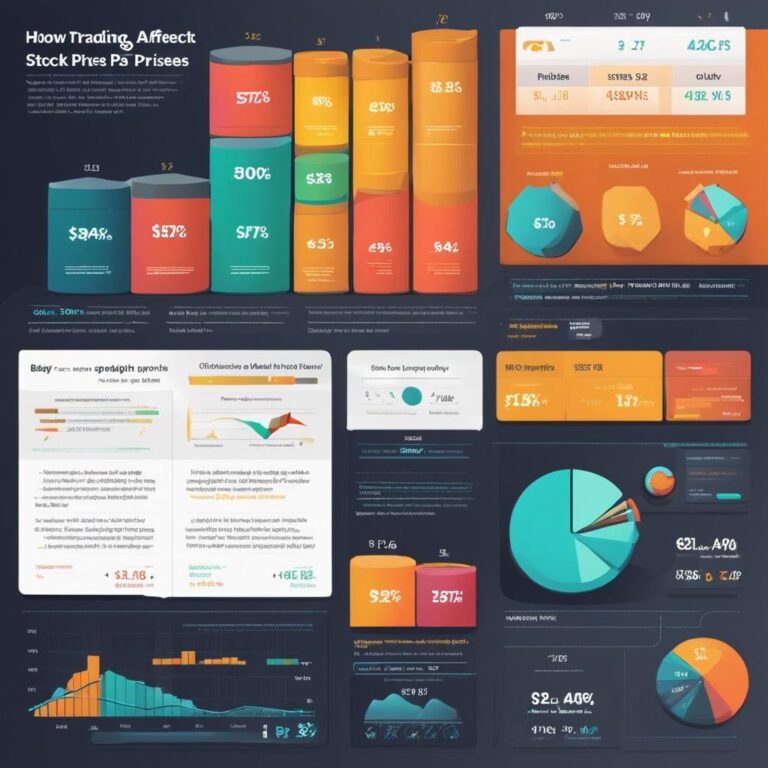Index Funds vs. Mutual Funds: What’s the Difference?
When it comes to understanding the difference between mutual funds and index funds, there’s a lot of nuance to be aware of. These terms are often used interchangeably, but they represent distinct investment options.
Mutual Funds vs. Index Funds
A mutual fund is a collective investment that pools money from multiple investors to purchase a variety of securities. When you invest in a mutual fund, you’re buying shares of the mutual fund company itself, not the individual securities it holds. Mutual funds are priced at the end of the trading day, and they come in various types, including equity, fixed-income, target-date funds and more.
Index funds, on the other hand, are focused on tracking the performance of a market index, such as the S&P 500. They can be structured as mutual funds or exchange-traded funds (ETFs), the latter of which have values that fluctuate during the trading session. Index funds are passively managed, and they’re known for lower fees and being hands-off.
Key Differences to Consider
When comparing index funds and mutual funds, consider these three main differences:
Management Style: Mutual funds are often actively managed, requiring a fund manager to make frequent trading decisions. Index funds are passively managed, simply mirroring the index they track without buying and selling often.
Investment Goals: Mutual funds usually aim to outperform the market, while index funds strive to match the complexion and performance of their respective index.
Costs: Actively managed mutual funds generally have higher fees due to operational costs, which can eat into your returns. Index funds typically have lower fees, allowing for more room for your returns.
Building Your Portfolio
By understanding the structure and strategy behind mutual funds and index funds, you can make more informed decisions with your investment portfolio. Remember to:
Evaluate your financial goals and risk tolerance to decide between mutual funds and index funds.
Consider the long-term impact of management fees on your investment returns.
Think about the tax efficiency of these investments over the long term. Not sure if mutual or index funds are right for you? Let’s discuss how each might work in your financial plan. Contact me or click here to get started.







